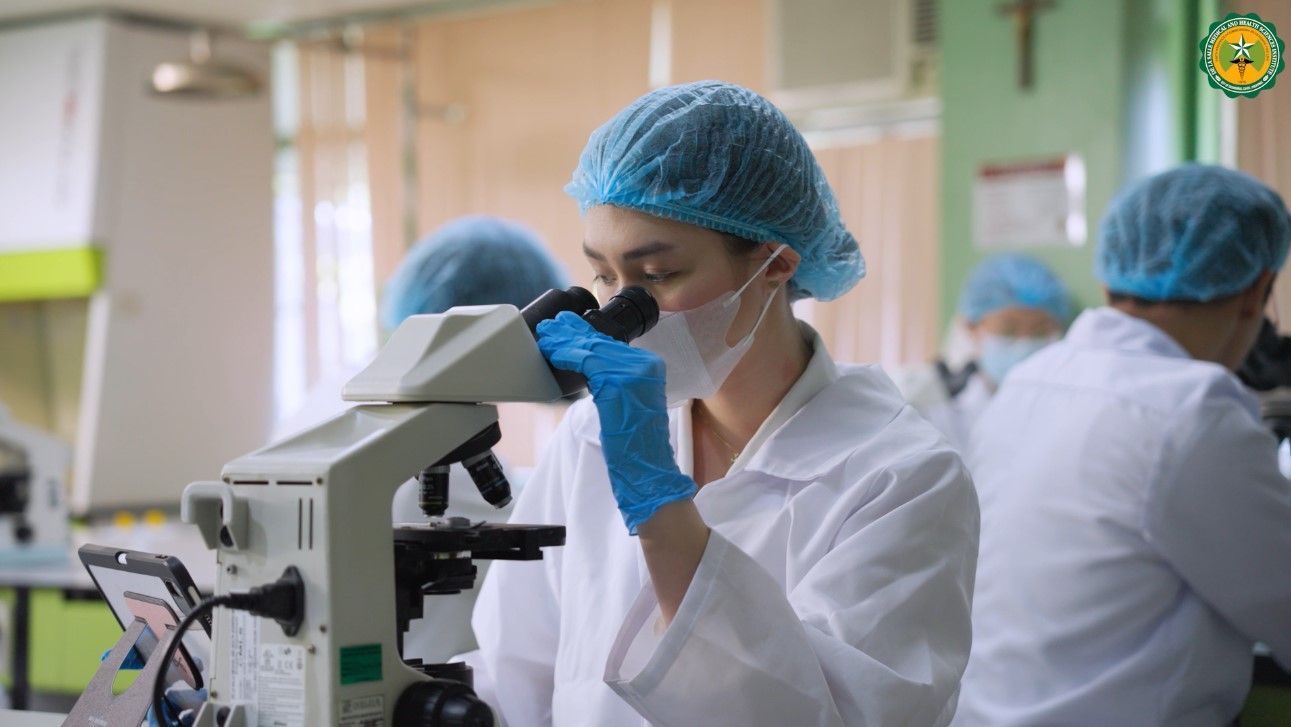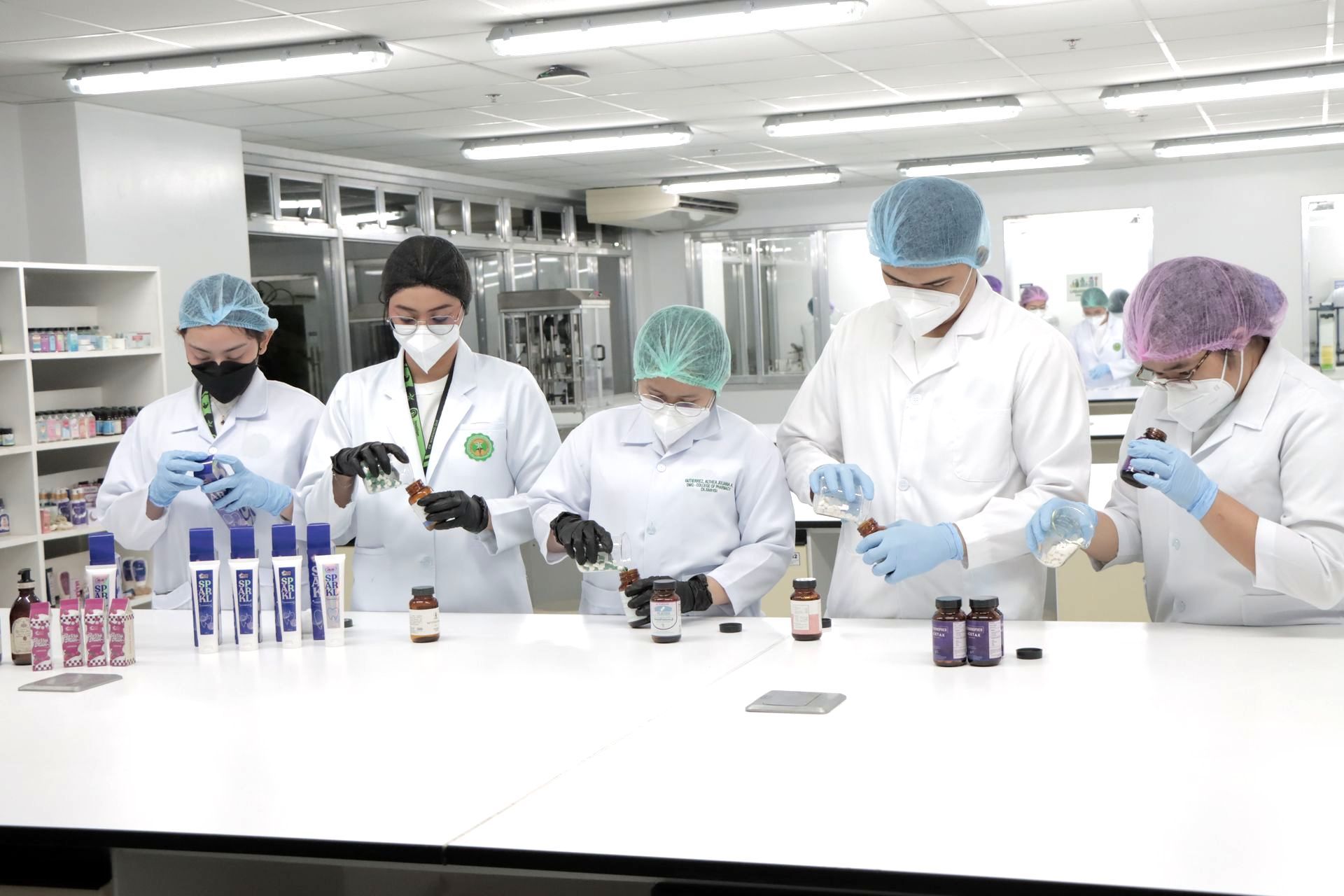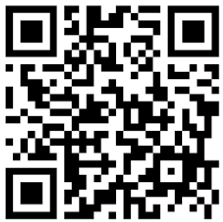Academic Programs
Colleges
ASCS

SCHOOL OF ADVANCED STUDIES
The School of Advanced Studies was established in response to the growing need for a more responsive and integrated approach to graduate education at De La Salle Medical and Health Sciences Institute. As the academic landscape continues to evolve, there is a pressing demand for programs that go beyond traditional disciplinary boundaries and provide professionals with opportunities to grow, adapt, and lead in their respective fields.
The school serves as the central administrative unit for all graduate and post-graduate programs, allowing for more consistent monitoring, evaluation, and enhancement of academic offerings. This structure strengthens compliance with accreditation requirements and supports the Institute’s mission of being the preferred institution and employer for medical and health education, patient care, and research. One of the unique directions of the School is the introduction of interdisciplinary and non-vertically aligned programs. While the Institute remains rooted in health sciences, SAS opens doors to innovative courses that integrate knowledge and skills from various disciplines, fostering versatility and creativity among learners.
Recognizing the growing demand for accessible and flexible learning, the School also offers micro- credentialing programs—short, focused courses designed to help professionals acquire specialized skills without enrolling in full degree programs. These certificates support upskilling, career growth, and lifelong learning across a range of fields. Through these initiatives, the School of Advanced Studies aims to shape professionals who are not only experts in their domains but are also equipped to respond to the challenges and opportunities of a rapidly changing world.
Medical Center
Nurturing Your Health
Academics
Nurturing Potentials
Research
Nurturing Discoveries
Lasallian Mission
Living the Mission
Medical Center
Nurturing Your Health
Academics
Nurturing Potentials
Research
Nurturing Discoveries
Lasallian Mission
Living the Mission
Medical Center
Nurturing Your Health
Academics
Nurturing Potentials
Research
Nurturing Discoveries
Lasallian Mission
Living the Mission
Nurturing Your Health
Academics
Nurturing Potentials
Research
Nurturing Discoveries
Lasallian Mission
Living the Mission
Medical Center
Nurturing Your Health
Academics
Nurturing Potentials
Research
Nurturing Discoveries
Lasallian Mission
Living the Mission
OBJECTIVES


The objectives of the School of Advanced Studies reflect its commitment to academic excellence, innovation, and responsiveness to evolving professional needs. These aims to strengthen program delivery, promote interdisciplinary learning, and expand access to flexible, high-impact graduate education.
1. Oversee all graduate programs and micro-credentialing courses under a unified structure through the established School of Advanced Studies.
2. Strengthen monitoring systems to uphold quality standards and improve program efficiency.
3. Develop innovative, cross-disciplinary courses beyond traditional health science tracks.
4. Offer micro-credentialing certificates to support flexible, skills-based professional development.
5. Foster interdisciplinary research and collaboration among faculty
and students.
6. Align programs with industry demands and global trends to ensure relevance and impact.
DOCTOR OF PHILOSOPhY in health sciences by research
-
PROGRAM OVERVIEW
Doctor of Philosophy (PhD) in Health Sciences by Research aims to develop a high level of competence among health professionals in carrying out independent health research for the advancement of science and practice of their specific discipline as well as the broader health sciences. It highlights inter-professional approach and evidence synthesis as essential elements for the advancement of health care practice and education. This is a higher degree program by research.
The British model of doctoral education, that relies heavily on research supervision or apprenticeship, serves as a guide for this PhD program. However, it has some aspects of the American model as there are few pre-determined courses that are mandatory and includes some standard admission procedures (Shin, Postiglione and Ho, 2018). This program includes approximately 76% research and about 24% coursework related activities.
-
PROGRAM STUDY
Doctoral Coursework (approximately 24%)
- Evidence Synthesis
- Principles of Interprofessional Education
- Applied Interprofessional Education
- Advanced Quantitative Methods
- Advanced Qualitative Methods
- Research Utilization
- Research Leadership
Doctoral Research (approximately 76%)
- Dissertation 1
- Dissertation 2
-
PROGRAM OUTCOMES
At the end of the program, the PhD students must be able to:
- Demonstrate advanced research skills to contribute effectively to the knowledge base in the health sciences.
- Demonstrate the ability to engage in collaborative and interprofessional approaches to improve practice and education in health care.
- Demonstrate competence in the development of evidence-informed practice, policy, and education.
- Exhibit the capacity to lead research endeavors within their profession and in multidisciplinary teams.
- Exemplify advanced understanding of ethics in health research and conduct research in accordance with recognized ethical standards.
-
CAREER OPPORTUNITIES
- Medical Practice
- Specialization
- Research
- Public Health
- Medical Education
- Healthcare Administration
- Global Health
Master of Arts in Nursing

The Master of Arts in Nursing (MAN) program of DLSMHSI prepares qualified nurses for competent nursing specialization, leadership and research leading to any of the following major tracks:
- Maternal and Child Nursing
- Medical-Surgical Nursing
The MAN degree requires completion of a total of 42 units – 15 units of which for basic courses, 12 units for major courses, 6 units for elective/cognate courses, 3 units of seminar in thesis writing and 6 units of thesis writing. A full time MAN student can enroll a maximum of 9 units per semester and is expected to complete the 42 units for a maximum of 7 years, including comprehensive examination, and thesis writing.
-
CORE SUBJECTS
1. Maternal and Child Health Nursing
- Maternal and Child Health Nursing
- Child Development and Adjustment
- The Family and Health
- Field Experience in Maternal and Child Health Nursing
2. Medical-Surgical Nursing
- Advanced Medical-Surgical I
- Advanced Medical-Surgical II
- Nursing in Chronic Diseases and Condition
- Field Experience in Advanced Medical-Surgical Nursing
-
CAREER OPPORTUNITIES
- Advanced Practice Nursing
- Nursing Leadership and Management
- Academe and Research
- Public Health Nursing
- Specialty Nursing Roles
MASTER IN PUBLIC HEALTH

-
PROGRAM OVERVIEW
The Master in Public Health program of DLSMHSI aims to develop advanced professional competencies among students who intend to pursue careers in public health practice, management and/or research. It offers cutting-edge and integrative contents on broad public health concerns as well as various areas of public health such as social and behavioral science, leadership, governance, and environmental health sciences.
-
CORE SUBJECTS
- Foundation of Public Health Practice
- Health Systems
- Introduction to Social Statistics
- Participatory Approaches in Public Health
- Introduction to Social Epidemiology
-
CAREER OPPORTUNITIES
Epidemiology
- Disease surveillance and outbreak investigation
- Epidemiological research and data analysis
- Infectious disease control and prevention
Health Policy and Management
- Health policy analysis and development
- Healthcare administration and management
- Health services research and evaluation
Community Health and Education
- Community health assessment and program planning
- Health education and promotion
- Community organizing and advocacy
Environmental Health
- Environmental risk assessment and management
- Water and air quality monitoring and regulation
Global/International Health
- International health policy and development
- Global disease control and prevention
- Humanitarian assistance
Maternal and Child Health
- Prenatal and postnatal care
- Child development and nutrition
- Family planning and reproductive health services
Biostatistics and Data Science
- Statistical analysis of health data
- Design and implementation of research studies
- Data management and informatics
Health Equity and Social Justice
- Addressing health disparities and inequities
- Advocacy for marginalized communities
- Social determinants of health research and intervention
Occupational Health and Safety
- Workplace health promotion and prevention programs
- Occupational hazard assessment and control
- Injury and illness surveillance and prevention
Health Promotion, Communication and Marketing
- Health communication campaigns
- Social marketing for behavior change
- Health literacy and public engagement initiatives
Nutrition and Food Safety
- Food safety regulation and inspection
- Nutrition policy development and advocacy
Emergency Preparedness and Response
- Disaster planning and preparedness
- Emergency response coordination
- Crisis communication and risk communication strategies
MASTER OF SCIENCE IN RADIOLOGIC TECHNOLOGY
-
PROGRAM OVERVIEW
This program is designed to equip radiologic technologists with the tools they need to meet these expectations. It offers advanced training in imaging science, research methods, academic instruction, and leadership development. The MSRT also encourages critical thinking, collaboration with other health professionals, and active involvement in health research that supports national priorities. By completing this program, graduates will be prepared to contribute meaningfully to the improvement of diagnostic services and the overall delivery of healthcare in the country.
-
CORE COURSES
- Information Management in Radiologic Sciences
- Leadership for Change in Radiologic Science
- Management of Radiologic Quality Assurance and Quality Control Program
- Non-ionizing Radiation
- Advanced Radiation Biology
- Advanced Radiation Physics
- Radiation Measurement and Instrumentation
The field of concentration of the Master of Science in Radiologic Technology (MSRT) program is designed to provide advanced knowledge and practical skills essential for leadership, quality management, and scientific expertise in radiologic practice. Students develop competencies in health information management, focusing on computer applications and data processing to support both clinical and administrative functions. The program emphasizes leadership development through the study of change management theories and their application in dynamic healthcare environments. Quality assurance and control are addressed through systematic approaches to data collection and evaluation, incorporating total quality management principles and regulatory compliance. These courses prepare students to lead and innovate in radiologic departments while ensuring excellence in service delivery.
In addition to leadership and management, the MSRT program offers rigorous scientific training through specialized courses in non-ionizing radiation, advanced radiation biology, and advanced radiation physics. These subjects explore the biological effects of radiation, the physics of radioactive decay and interaction with matter, and the safe application of technologies such as lasers, ultrasound, and electromagnetic fields. The course on radiation measurement and instrumentation further enhances students’ understanding of operational quantities, dosimetry, and statistical methods used in radiation monitoring and assessment. Together, these core courses equip graduates with the expertise to uphold safety standards, drive technological advancement, and contribute meaningfully to the evolving field of radiologic sciences.
-
PROGRAM LEARNING OUTCOMES (COMPETENCY STANDARDS)
- Develop management, leadership, and interpersonal competencies and apply the same to administer either a radiologic facility or educational program
- Develop skills that will redound to career advancement within radiologic sciences education, research and professional practice
- Demonstrate strong academic foundation to prepare for specialized fields and doctoral programs
- Apply research methods and findings for the improvement of radiologic education and professional practice
- Utilize communication skills to promote the improvement of healthcare, develop professional practice, and maintain interdependent working relationships
- Observe and maintain professional and ethical standards in the practice of the profession and serve as a role model to promote professionalism
- Utilize critical thinking strategies in decision-making for the resolutions of issues.
-
CAREER OPPORTUNITIES
- Radiology Department Manager or Supervisor
- Quality Assurance Specialist
- Medical Imaging Researcher
- Clinical Educator, Instructor or Professor
related links
related links
ADMINISTRATORS
| POSITION | NAME |
|---|---|
| Dean | Alvin D. Crudo, RRT, EdD |
| Program Director, Doctor of Philosophy in Health Sciences by Research | Margel C. Bonifacio, RCh, PhD |
| Program Director, Master of Arts in Nursing | Rommel L. Salazar, RN, MAN, DrPH |
| Program Director, Master in Public Health | Diana Dalisay A. Orolfo, RPh, MPH |
| Program Director, Lifelong Learning | Lord Joseas C. Conwi, LPT, RPm, RGC, CMHS, CHRA, CLSSDC |
| Program Director, Master of Science in Radiologic Technology | Mezie Laurence B. Ortiz, RRT, MAEd, MSc |
Contact Us
School of Advanced Studies
4th Floor, Romeo P. Ariniego, MD, AFSC Library
De La Salle Medical and Health Sciences Institute


